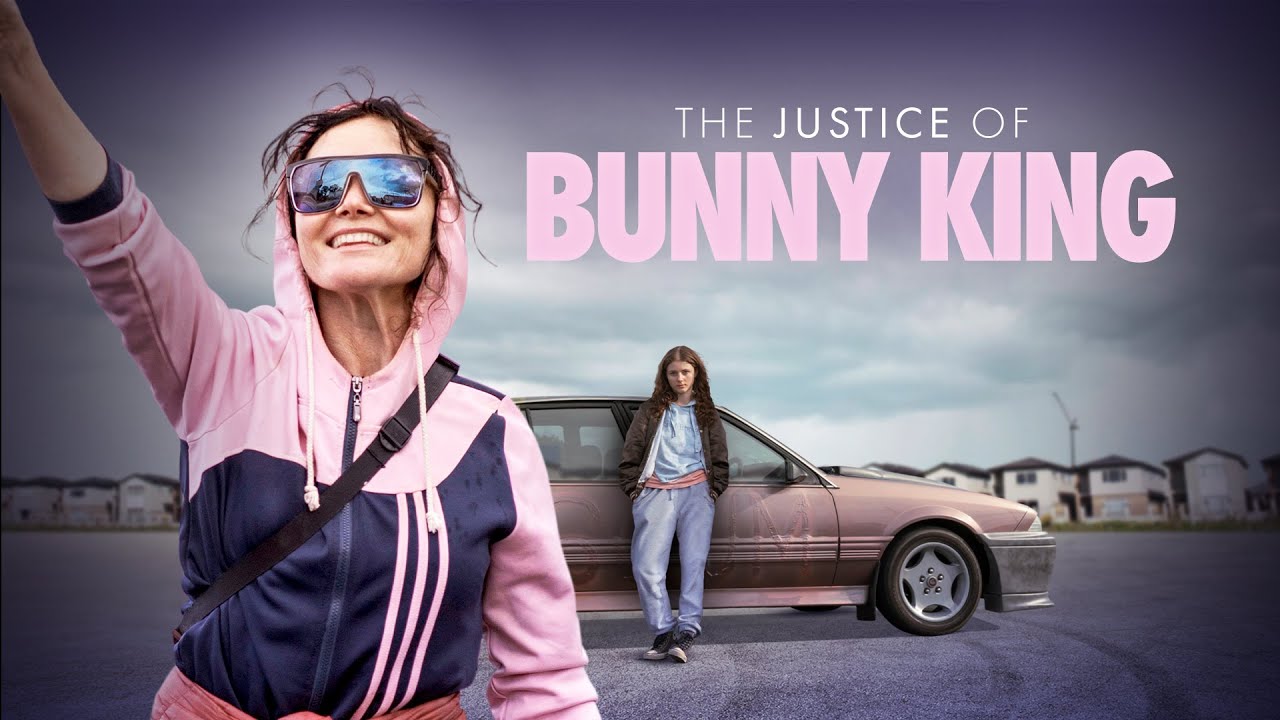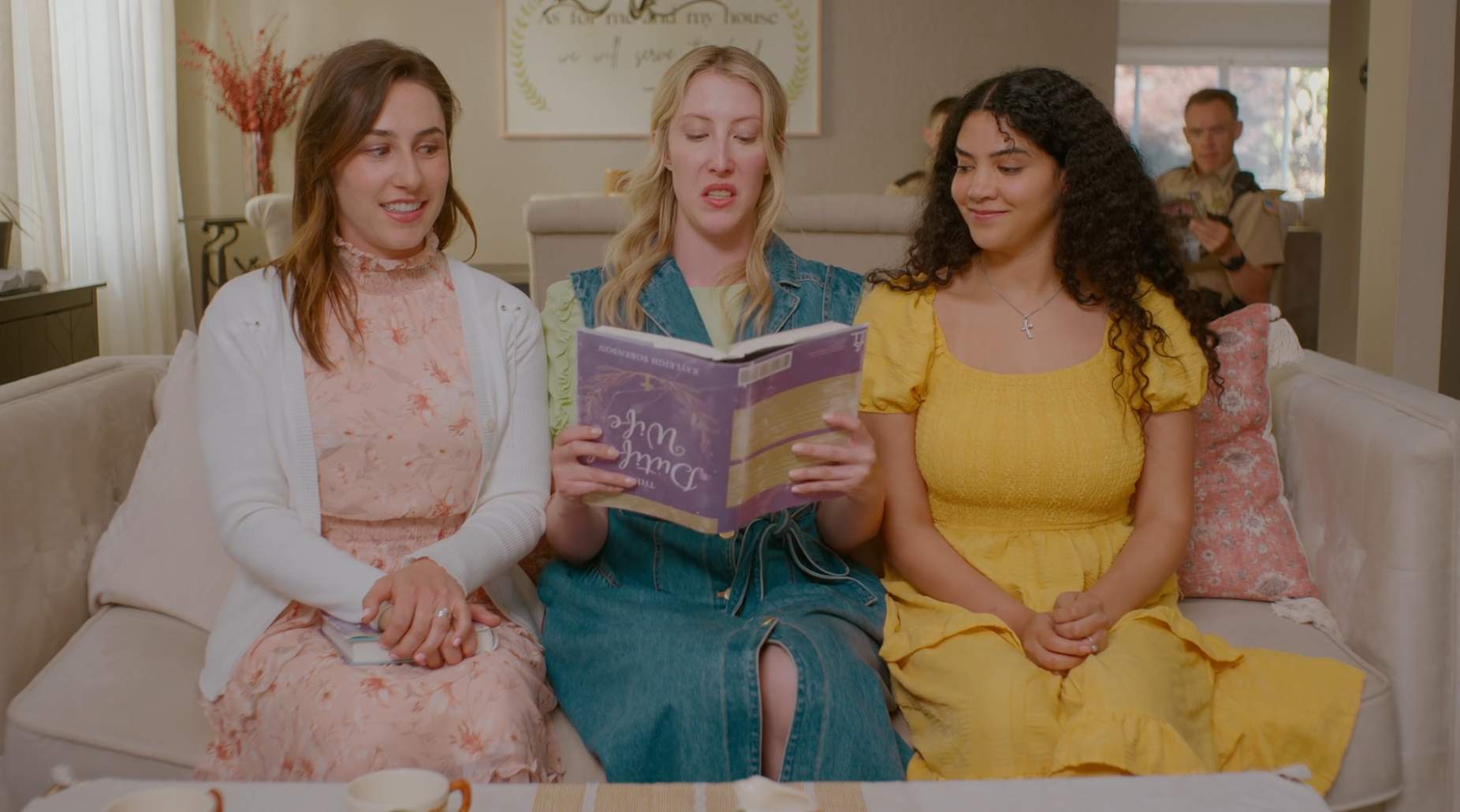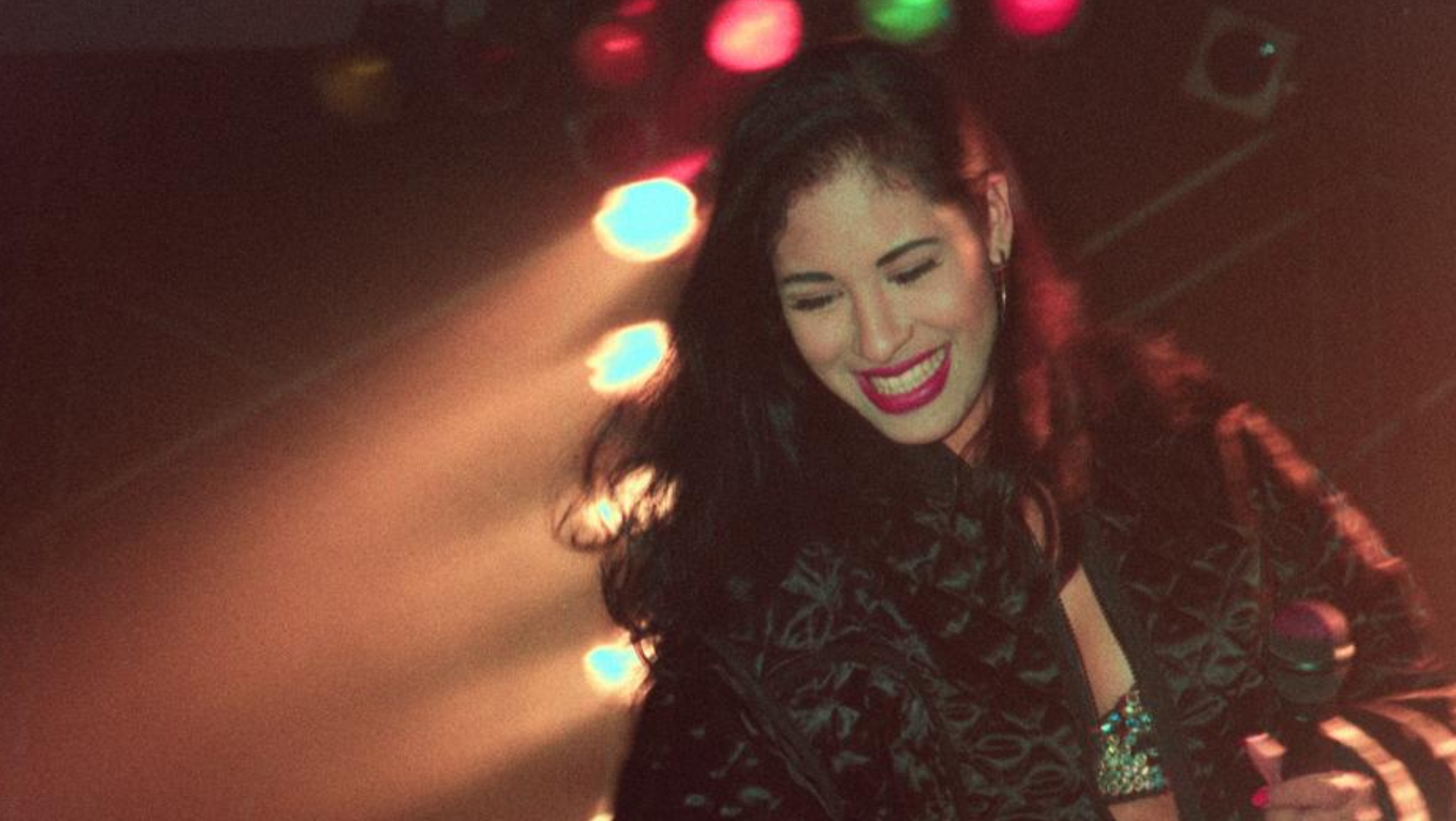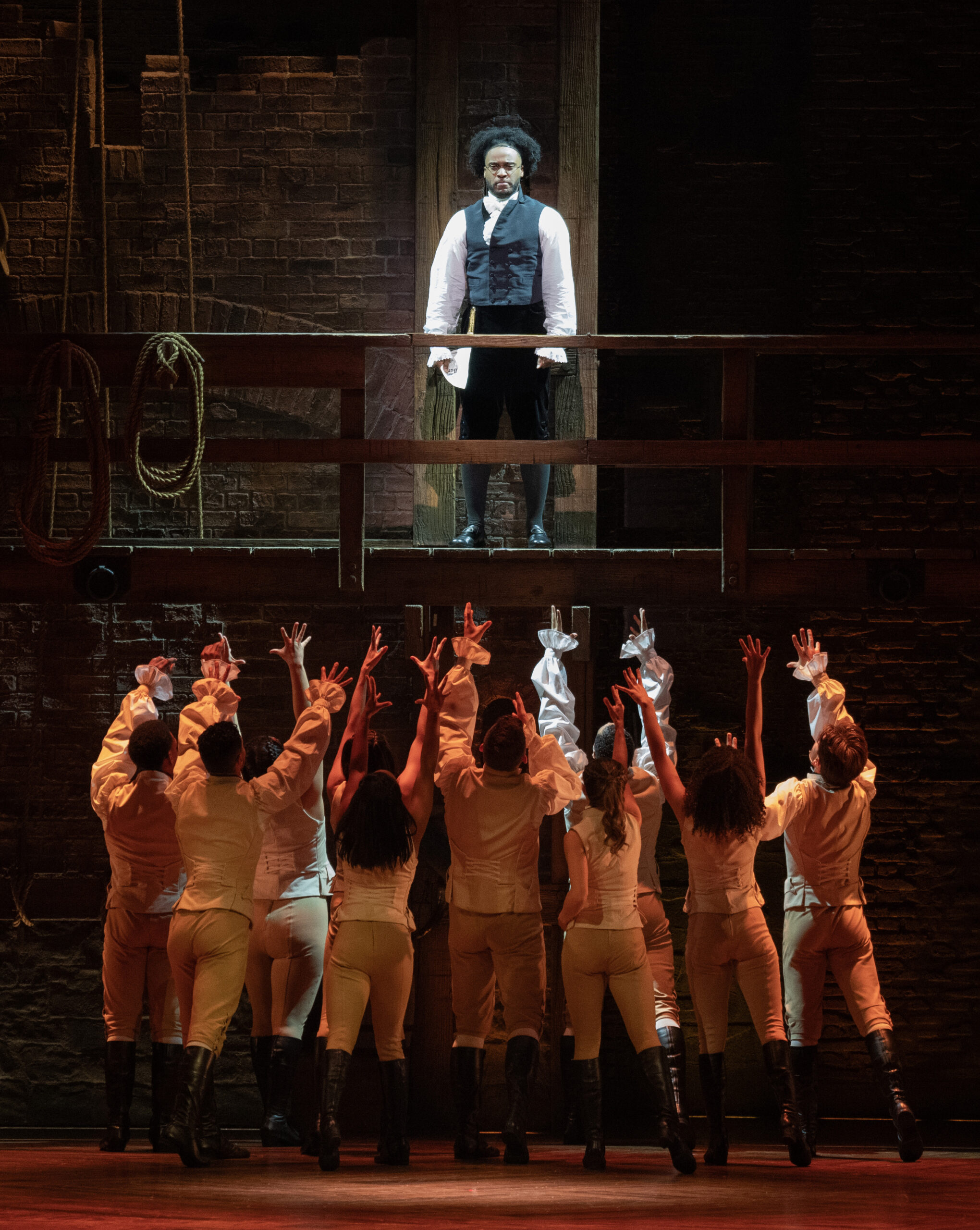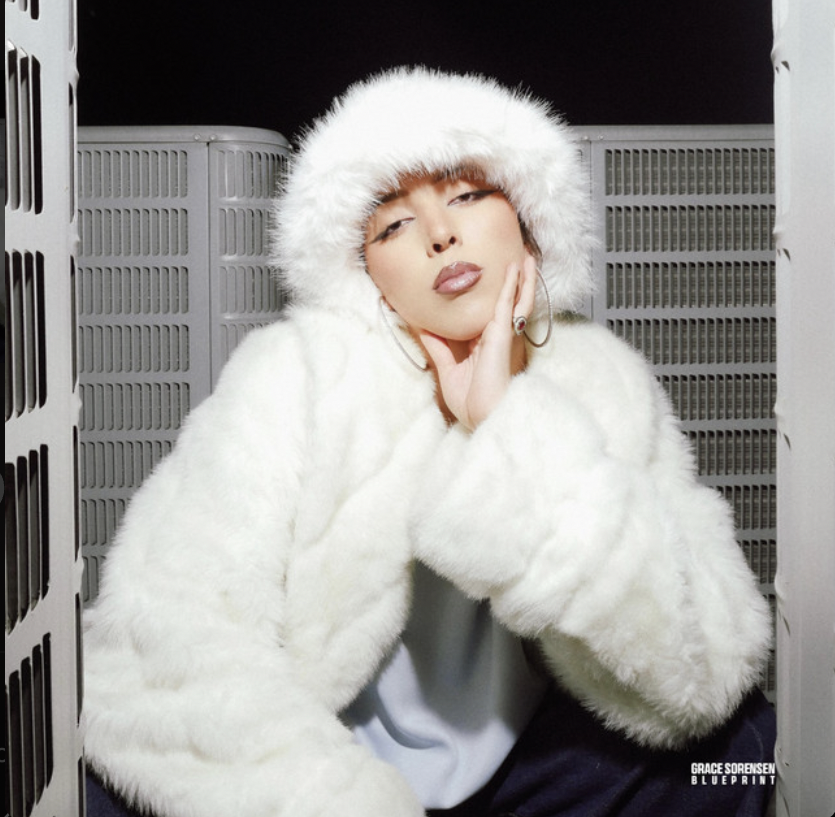Bunny King. She’s a mother trying to regain custody of her two children. She’s a woman who’s been forced to endure abuse. Bunny King is the hero we’ve been waiting for, a hero who evades authorities while making money cleaning the windshields of strangers’ vehicles. Directed by Gaysorn Thavat and starring Essie Davis and Thomasin McKenzie, “The Justice of Bunny King” is a must-watch that hits you right in the heart.
With an opening scene accompanied by the song, “What’s Up” by 4 Non Blondes (one of the best songs ever), viewers can immediately see an intimate connection between the lyrics of “What’s Up” and the journey Bunny King is struggling through. The song talks about “tryin’ to get up that great big hill of hope / for a destination” and surviving in a world that’s a “brotherhood of man”. As viewers follow the lives of two women, Bunny King and Tonyah (Bunny’s niece), who are perpetually mistreated by men in this “brotherhood”, the lyrics of this song never hit the heart so hard. How does one keep fighting and hoping in such an apathetic world? Bunny King and Tonyah show us how.
Bunny is immediately a lovable protagonist. She gives when she has so little to give. If someone needs a little cash, Bunny will reach into her fanny pack stuffed with coins and offer them some change. Bunny is funny, blunt and to-the-point. When she gives her word, it means something different, something exponentially more than when other people “give their word” She’s the embodiment of a strong female protagonist and we love to see it. Despite the image that the authorities repeatedly try to paint of Bunny King as a bad, irresponsible mother and human being, she’s the exact opposite. Bunny is one of the few truly empathetic, caring individuals in the film. She’s a good mother, not just for her own children, but also for others like her two nieces and her nephew. When her sister is out working double-shifts, Bunny is the one who cooks dinner and looks after her nieces and nephew. These are just some of the subtle moments in the film that reveal to viewers how severely society has misjudged Bunny King.
We as viewers feel a surmounting frustration and rage as Bunny is repeatedly mislabeled and mistreated throughout the film, even as Bunny desperately tries to hold in her own justified rage. Through Bunny’s lived experiences, director Thavat highlights the cruelty of living in a world where people are constantly profiling and categorizing you based on your appearance. How you dress. How you look. How you walk. Oftentimes, these traits are weaponized against individuals by society, as they are against Bunny King.
So, why is Bunny King the hero we’ve been waiting for in a media world filled with superheroes like Superman and Captain America? For starters, Bunny is human. She’s tangible, relatable in her emotionality and imperfectness. Throughout the film, viewers are allowed to witness Bunny’s journey with guilt and her coming-to-terms with past mistakes. The ability to see this intimate side of Bunny King further emphasizes her status as a more tangible, relatable and lovable hero. She’s also crafty and clever, a courageous, tough-as-nails hero who always stands up for others even if her life becomes so much harder and more painful as a result. Tonyah, Bunny’s adolescent niece, is one of those people who desperately needs someone to stand up for her. No one else except Bunny King steps up to the plate. Bunny is an underdog hero with a mama bear rage when she sees people trying to take advantage of others who are vulnerable.
At times, “The Justice of Bunny King” is funny. At times, it’s bittersweet. Other moments, it’s just so bitter that you find yourself sobbing at the screen. In other moments, like when Thavat highlights the therapeutic, healing capabilities of music, the film is just sweet. It’s a rollercoaster of emotions, a ride you ride with Bunny King and Tonyah. It’s a ride well worth it to discover the hero we didn’t know we needed.







